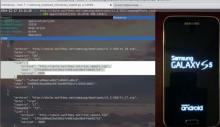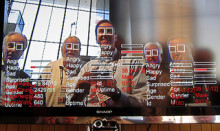Serious Zero-Day Security Flaw in iOS and OS X Could Lead to Password Theft
Is almost nine months long enough to fix a serious security vulnerability that hackers could use to steal passwords and plant malware undetected on computers and smartphones?
You would certainly like to think so, wouldn't you?













































































